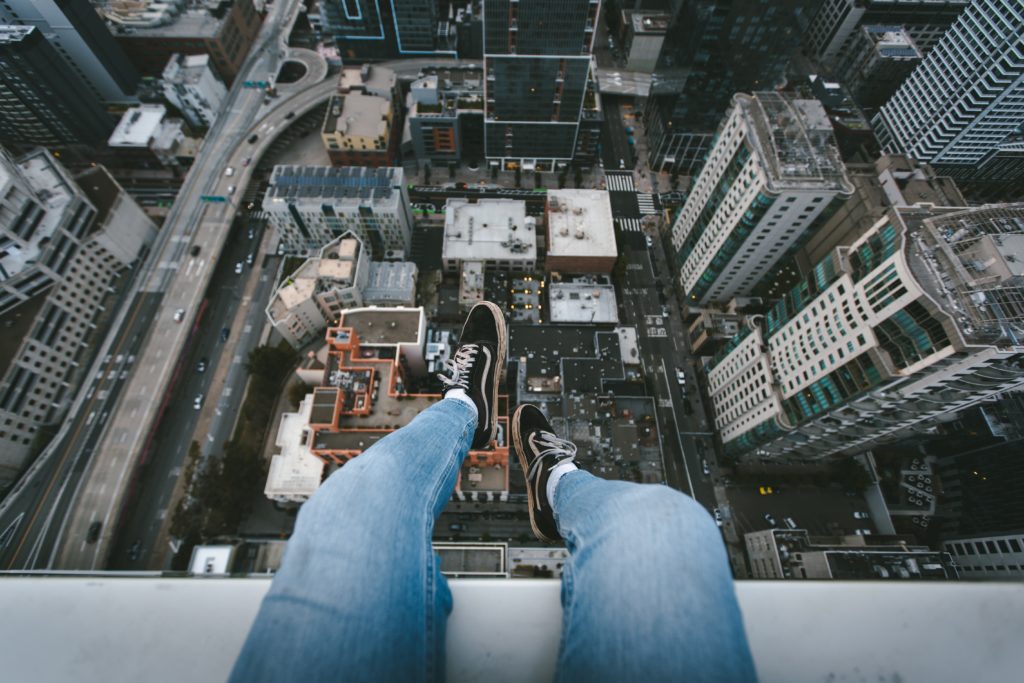
In recent weeks anti-Semitic attacks have risen sharply. This is after many years in which our Jewish neighbors have experienced increased hate crimes. Over the last year we have seen a rise in violence toward those perceived to be Asian Americans.
A society experiences anxiety and change. Some important event happens. Public leaders apply collective blame to a whole group for it. Violence follows.
Human community has always been vulnerable to the collective-blame-to-violence-process. Leaders with no other vision have often used this vulnerability to destabilize societies for their short-term benefit.
I was speaking with a church group on Sunday after preaching about the issue of racism. One of the members told a story of about a Jewish person from Denmark who had escaped before the Nazi’s took over. Recently he remarked, “Now you know what happens when 1/3 of a country is captivated by supremacy, 1/3 is for human rights and the other 1/3 is on the sidelines.”
I remarked that in such a case, civil society and democracy won’t stand for long, because those captivated by fear always have more energy. They use their energy to use the democratic process to destroy democracy, or make it a sham. This is the goal of those who push false, unverified election fraud claims.
The question is: Will the 1/3 of the population on the sidelines get off the sidelines and work for our common future?
Seven years ago I began to see the collective blame being applied to American Muslims. I learned about the hate groups that spread false witness about them. I saw the increasing hate crimes against them. I began to see that when one group is being dehumanized that other groups are not far behind. I began to see that the people who hate Muslims, also hate Jews, also hate Black and African Americans, also hate Hispanic/LatinX, also hate LGBTQIA. Seeing one group as less than human is the gateway to dehumanizing others.
Ultimately, people begin to be so captivated by fear that they are willing to give up their own rights, even give up on democracy itself.
That is where we are. This is the precipice on which we stand.
Human beings have often assumed that the worst that happened in other settings could not happen in their time and place. We have often been wrong about that. Human community is fragile. Democracy is fragile.
We have taken one half-step back from the edge. But only one half-step back.
Five years ago I realized I needed to add my voice to the chorus of people working for our common good and our common humanity. I realized that I could not keep going with business as usual as these might not be usual times.
I have seen people walk into our public events anxious and divided. I have seen many of them walk out with more hope for our future.
Why? Because without denying the problems of our past and present, Aneelah Afzali and I lifted up a vision that we don’t have to live this way. We lifted up a vision of the oneness of the human race, the possibility of a more just and peaceful future, and that we each are needed to make that future a possibility. We shared that to live out that future, we would each need to listen more, learn from groups themselves instead of from those who bear false witness against them, to be wiling to admit mistakes so that we can find the right together.
I was asked recently if I had solved the problem of anti-Muslim bigotry and if not, why keep going? Why bother?
My answer was simple: “Because I am human. A part of being human is to see the human in others and stand with them when their humanity is denied.”
We have a lot to learn at PTU about the dynamic of dehumanization and how to counter it. There is no one-size-fits-all solution.There is only the daily work of hope that we don’t have to live this way. We do not have to continue to stare down the precipice of collective blame, violence and the demolition of democracy. We can turn from this precipice, knowing that not all will join us, and work for a more beautiful future for the Earth and our children.
It is crucial that we understand where we are right now: That we are standing one-half step back from the precipice. It is more vital that turn from it, and turn to one another, get off the sidelines and make the small difference that only we can make.
In this trusting turn we reaffirm our humanity and the human in each other, if not again, then perhaps for the first time.
Photo by Ethan Chang on Unsplash
